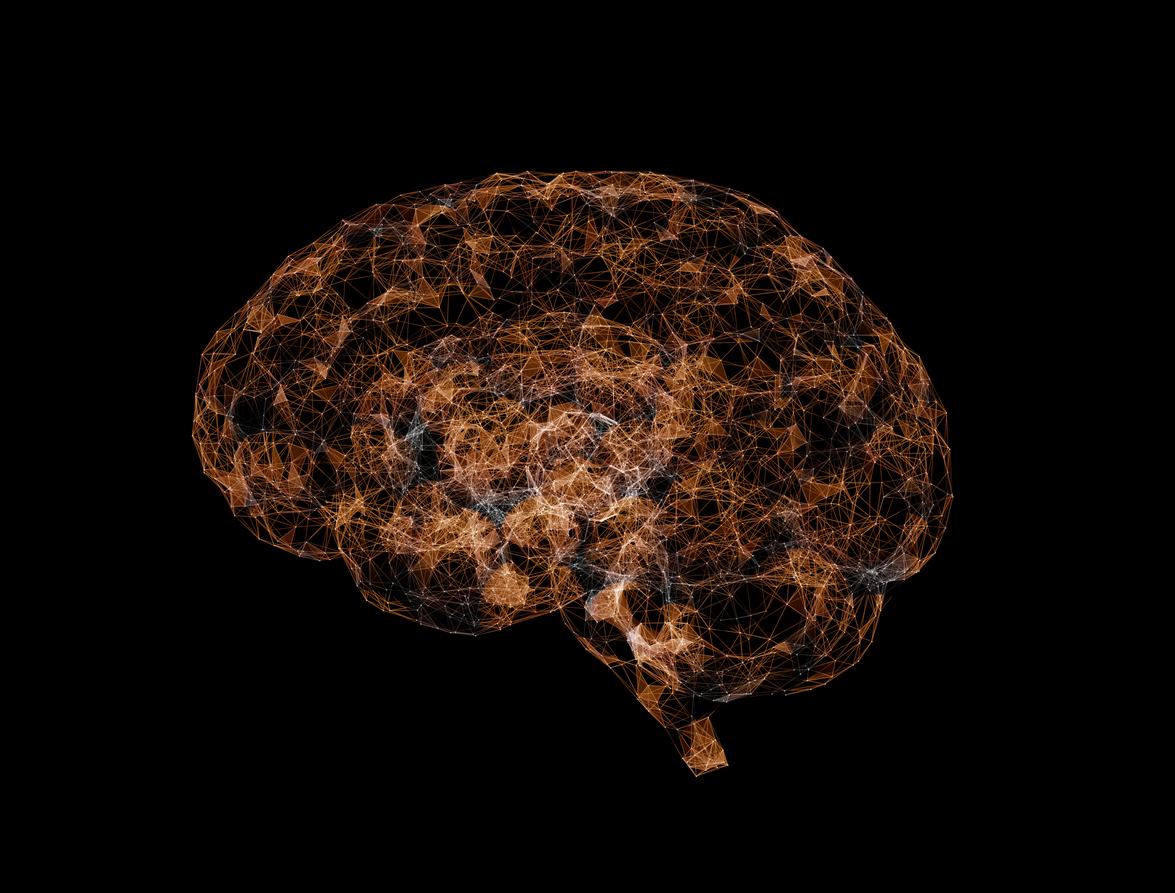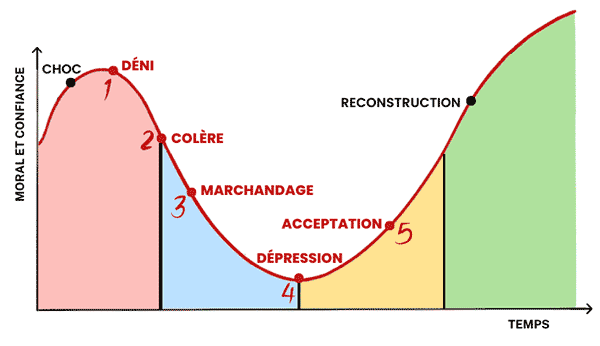The body undergoes massive biomolecular changes related to aging and health in its 40s and 60s, according to a new Stanford Medicine study.

- A new study reveals that there are two periods of rapid molecular change during life.
- On average, they occur around the ages of 44 and 60.
- According to the researchers, these major changes probably have an impact on health, because they affect, among other things, molecules linked to cardiovascular diseases and the immune system.
If you woke up this morning feeling like the weight of the years had fallen off your shoulders, it may not be just in your head. “We’re not just changing gradually over time. There are some really dramatic changes.”says Michael Snyder, professor of genetics at Stanford Medicine.
With his team, he has, in fact, discovered that rapid and significant biomolecular variations occur during the forties and sixties. According to their article published in the journal Nature Aging On August 14, 2024, these molecular changes – which can impact health and aging – occur on average around the ages of 44 and 60.
Two periods of rapid molecular changes
To better understand the mechanisms of aging, the team looked at the records of 108 people between the ages of 25 and 75. These participants had donated blood and other biological samples every few months over a period of years. The scientists looked at levels of many types of molecules, including RNA, proteins and metabolites, as well as changes in the microbiome. This represented more than 135,000 different molecules and microbes for a total of nearly 250 billion data points.
The results of the analyses: About 81% of all the molecules studied showed nonlinear fluctuations in number. This means that they changed more at certain ages than at other times. When the researchers tried to identify the most significant changes in quantity, they found that these transformations occurred most during two periods: when people were in their 40s and early 60s. Specifically, this occurred on average around the ages of 44 and 60.
The team acknowledged that they were particularly surprised by the significance of the changes observed at quarantine. “At first, they assumed that menopause or perimenopause was causing significant changes in the women in their study, skewing the overall group. But when they split the study group by gender, they found that this change was also happening in men in their 40s.”specifies the press release.
“This suggests that while menopause or perimenopause may contribute to the changes seen in women in their mid-40s, there are likely other, more important factors that influence these changes in both men and women. Identifying and studying these factors should be a priority for future research.”adds Xiaotao Shen, first author of the scientific article.
Biological aging: what are the changes according to age?
According to the study, significant changes observed after the age of forty concerned the number of molecules linked to the metabolism of alcohol, caffeine and lipids as well as those associated with cardiovascular diseases, skin and muscles.
Seniors aged 60 years, for their part, presented biomolecular modifications linked to the metabolism of carbohydrates and caffeine as well as those associated with immune regulation, renal function, cardiovascular diseases, as well as skin and muscles.
“These big changes probably have an impact on our health: the number of molecules linked to cardiovascular diseases showed notable changes at both time points, and those linked to immune function changed in people in their early 60s.”the authors note.
Michael Snyder, lead author of the study, adds: “It is possible that some of these variations are related to lifestyle or behavioral factors that are concentrated in these age groups, rather than being driven by biological factors. For example, impaired alcohol metabolism could result from a small increase in alcohol consumption in midlife, an often stressful period of life.”The expert and his colleagues plan to continue their work to identify the origin of these aging “clusters.”
In the meantime, their discovery is a reminder, they say, of the importance of paying attention to one’s health, especially in one’s forties and sixties. To slow the effects of aging, scientists recommend increasing one’s amount of physical exercise to protect the heart and maintain muscle mass at both ages. Another recommendation for those in their forties: reduce alcohol consumption as the ability to metabolize it slows.
















